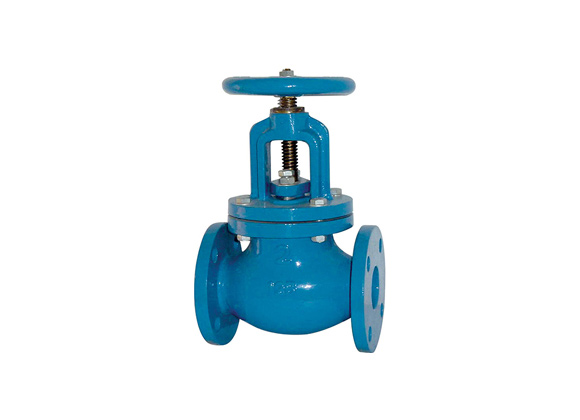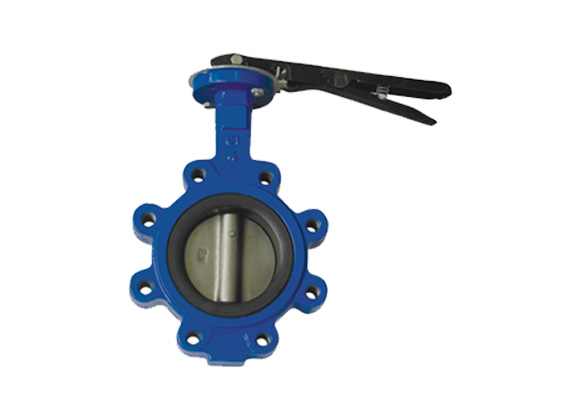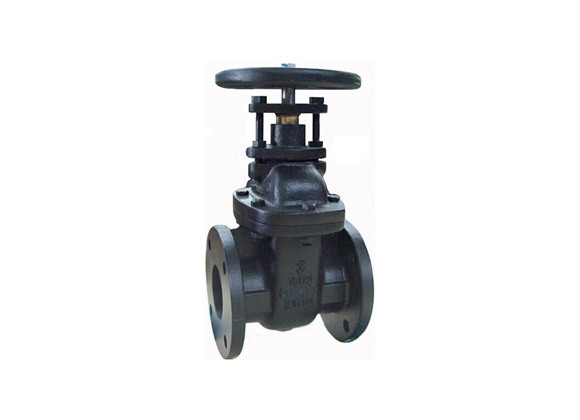Many important water treatment plant valves are used in these lines: for example, butterfly valves, gate valves, check valves, ball valves, etc.
There are also scattered facilities along the line: this is where the line comes out of the ground, and this is the equipment used to inspect and clean the production line. These stations contain multiple valves, usually ball or gate valves. Valves in the piping system must be fully open to allow passage of the launching equipment.
Water plants require relatively low-pressure levels and ambient temperatures.
Because the water temperature is normal temperature, rubber seals and elastomers that are not suitable for other places can be used. These types of materials make it possible to sell and install water valves to prevent leakage.
Waterworks valves typically operate at pressures well below 200psi, so high pressure, wall thickness pressure designs are not required. Unless wastewater gate valves are used at high-pressure points in DAMS or long waterways, a built-in water valve may be required to withstand pressures of around 300psi.
Wastewater lines collect waste solids and fluids and direct them to the wastewater treatment plant. Sewage treatment plants use low-pressure pipes and sewage gate valve to operate, and in many cases, the requirements for wastewater valves are more varied than for clean water.
Check valves for sewage treatment and iron gates are the most popular wastewater valves options for wastewater treatment.



 Call us on:
Call us on:  Email Us:
Email Us:  No.68 Hezuo Road, Shijiazhuang City, Hebei Province, China
No.68 Hezuo Road, Shijiazhuang City, Hebei Province, China 